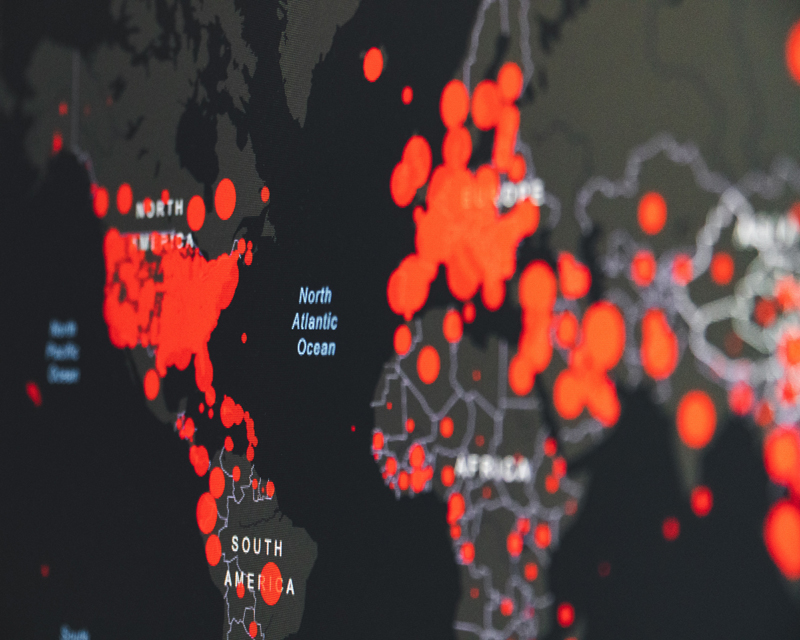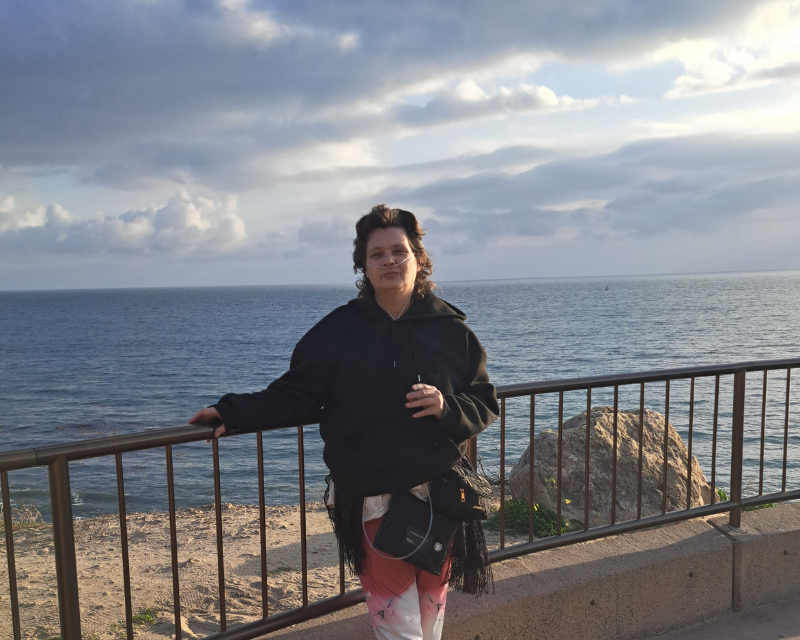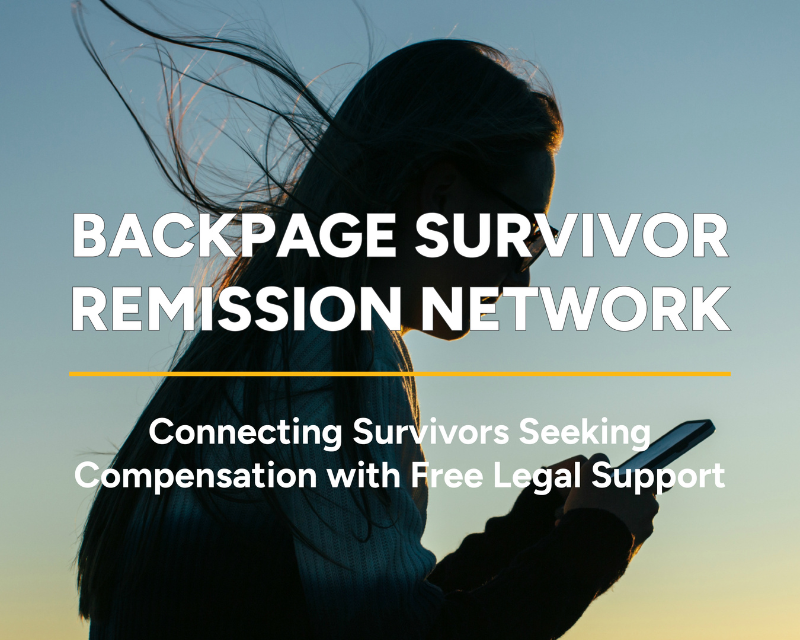
The estimated number of people in situations of trafficking rose by 12 percent between 2016 and 2021, the latest international consensus study found. Today, some 27.6 million people around the globe are living without the freedom to choose how they live and work, according to the International Labor Organization (ILO), the International Organization for Migration (IOM), and Walk Free.
Though the sheer volume of exploitation may seem shocking, it should not surprise anyone. The growth in trafficking is possible because simply — and sadly — the underlying conditions that make people vulnerable to sex and labor trafficking have not been addressed. Poverty, environmental destruction, structural racism and discrimination, and gender and economic inequity persist as underlying drivers of human trafficking around the globe.
Sign up to learn more about human trafficking and how you can help
In the midst of the pandemic, especially, Polaris found that vulnerabilities among some populations had gotten worse. Some people saw their employment opportunities vanish. Many were willing to take any type of job, in any condition, rather than leave their households without an income. As the ILO/IOM/Walk Free report indicates, migrant workers, women, and children are especially vulnerable to falling prey to traffickers. The same thing happens with other global events, as armed conflicts, natural disasters, and social exclusion exacerbate vulnerabilities for people already experiencing difficulties. As a result, new migrants, women, and children will remain at a disproportionate disadvantage.
These new estimates are significant because they are a call to action. The solutions to trafficking are as wide ranging as the underlying problems — and require society-wide change. For example, the new report estimates that 86 percent of labor trafficking cases are found in the private sector. Therefore, it is impossible to think about addressing the causes of human trafficking without engaging businesses and corporations in improving their practices to prevent trafficking.
Nonprofit organizations like Polaris are active players, but the fight against trafficking cannot only be led by the nonprofit world. It also requires governments, lawmakers, the private sector, and social/civil organizations to lay the foundations for a system in which there is no chance of trafficking and exploitation.
Stop human trafficking today
Help fix the broken systems that make trafficking possible so we can prevent it from happening in the first place.



